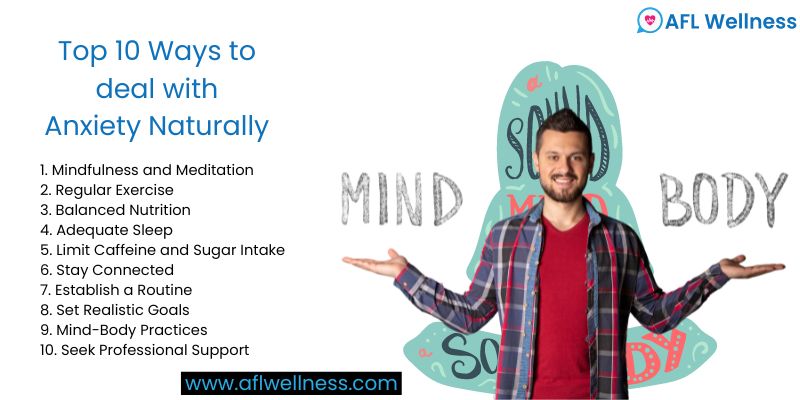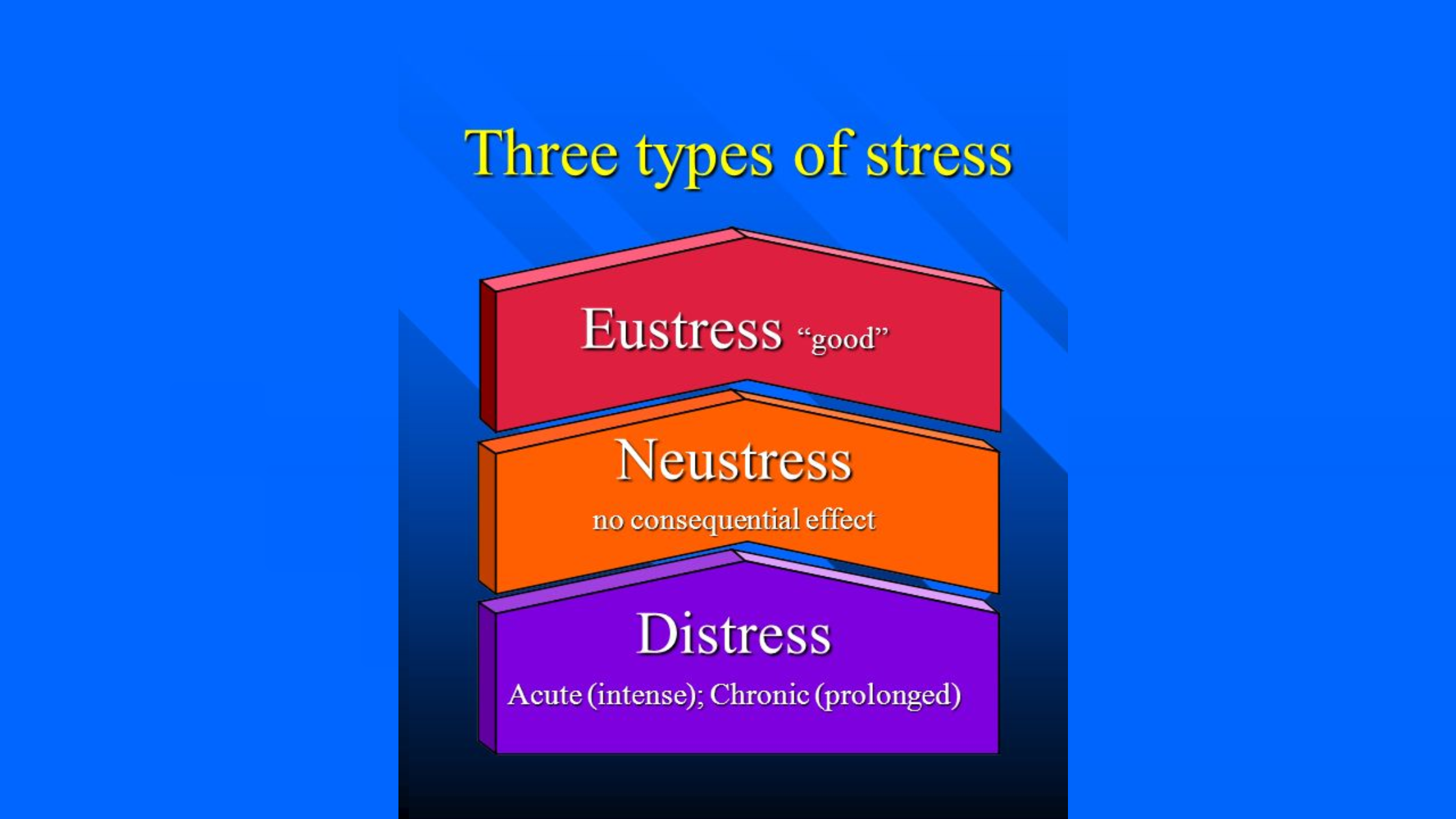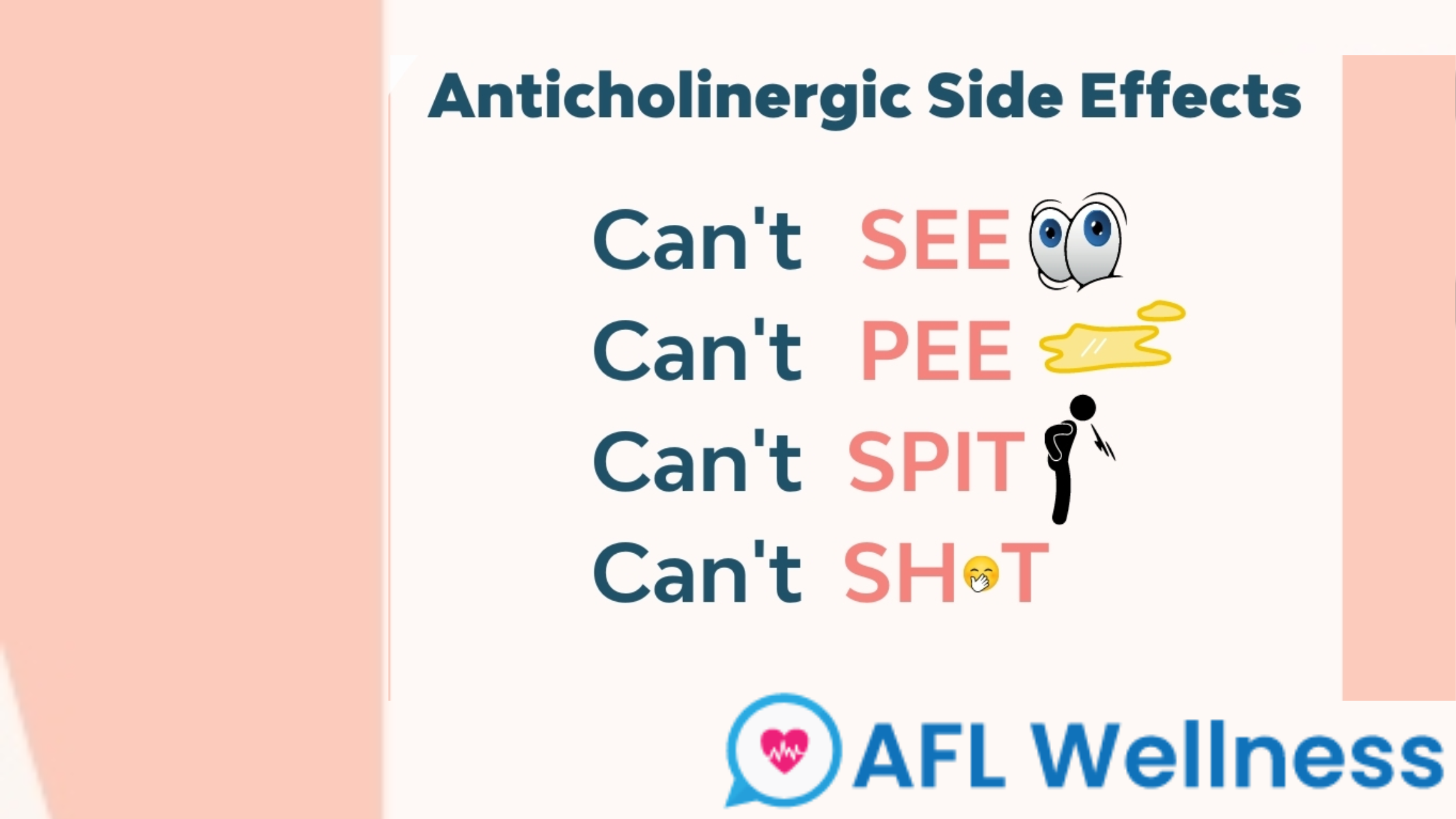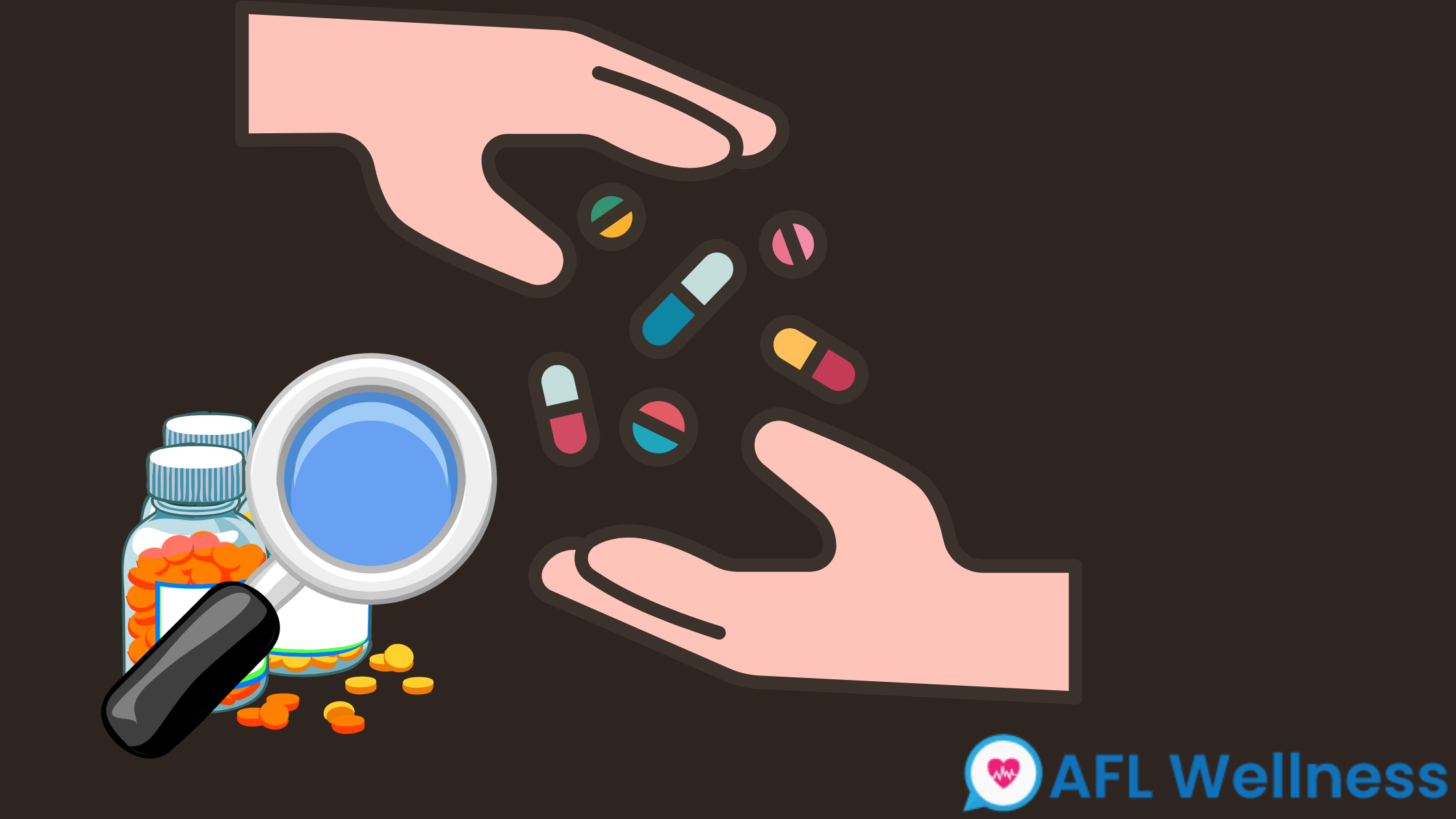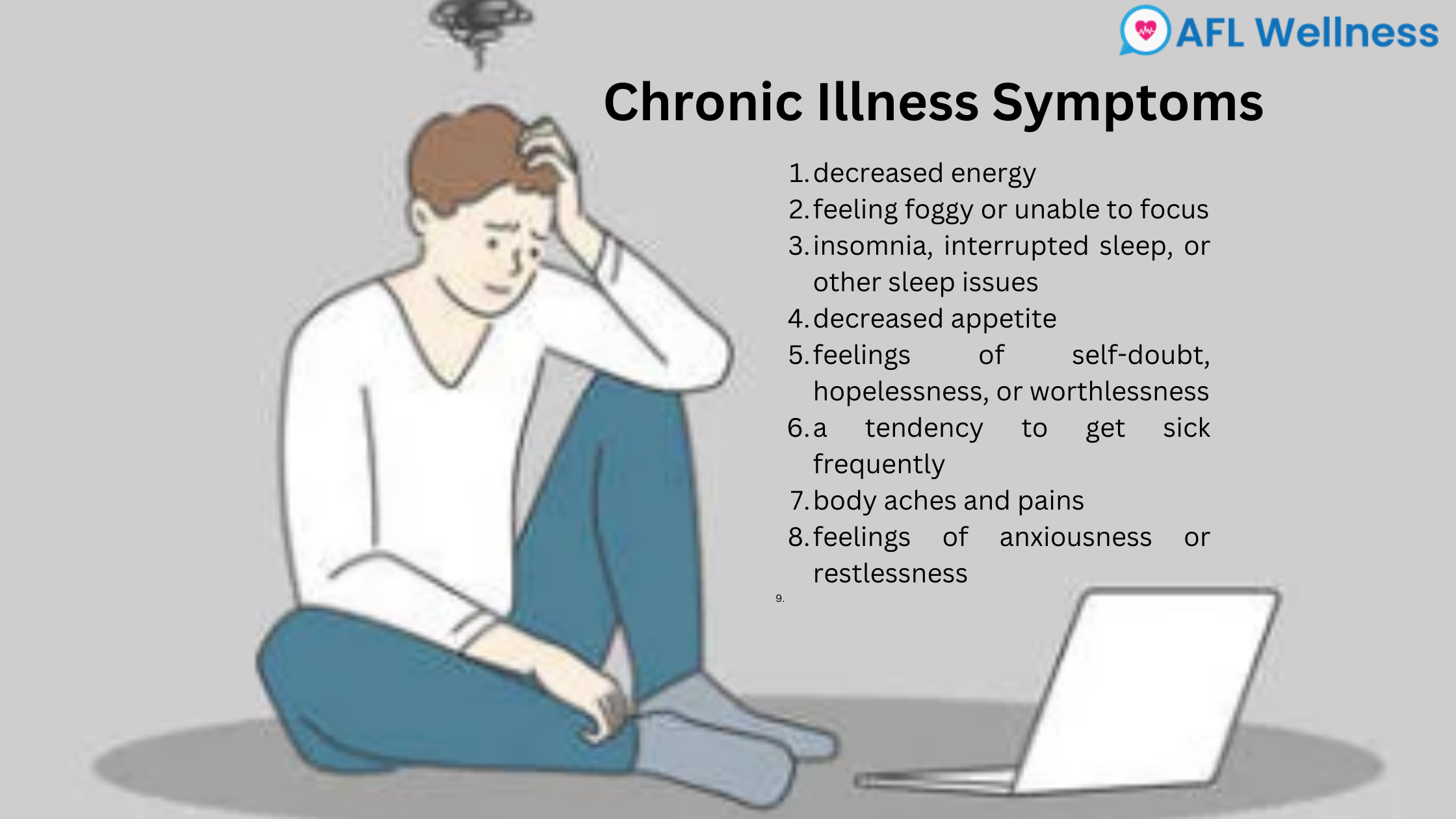
January 30, 2026
Loneliness and Suicidal Thoughts
Most depressed persons find relief from their symptoms with medication and counselling. Your primary care physician or psychiatrist can prescribe medication to treat symptoms. However, consulting a psychiatrist, psychologist, or another mental health expert can also benefit many depressed people. However, when people are depressed, they often have loneliness and suicidal thoughts. If you suffer from severe depression, you might need to stay in the hospital or participate in an outpatient programme until your symptoms subside.
We offer help to those people who are suffering from depression, anxiety and suicidal thoughts. We got the best psychologist. Besides, we have numerous satisfied clients, and we always are happy to help them deal with depression and anxiety. Dealing with depression is not a shameful thing. The more you talk about it, the better. Nowadays, people have taken depression seriously due to which people have started talking about it openly. It's completely normal to reach out for help.
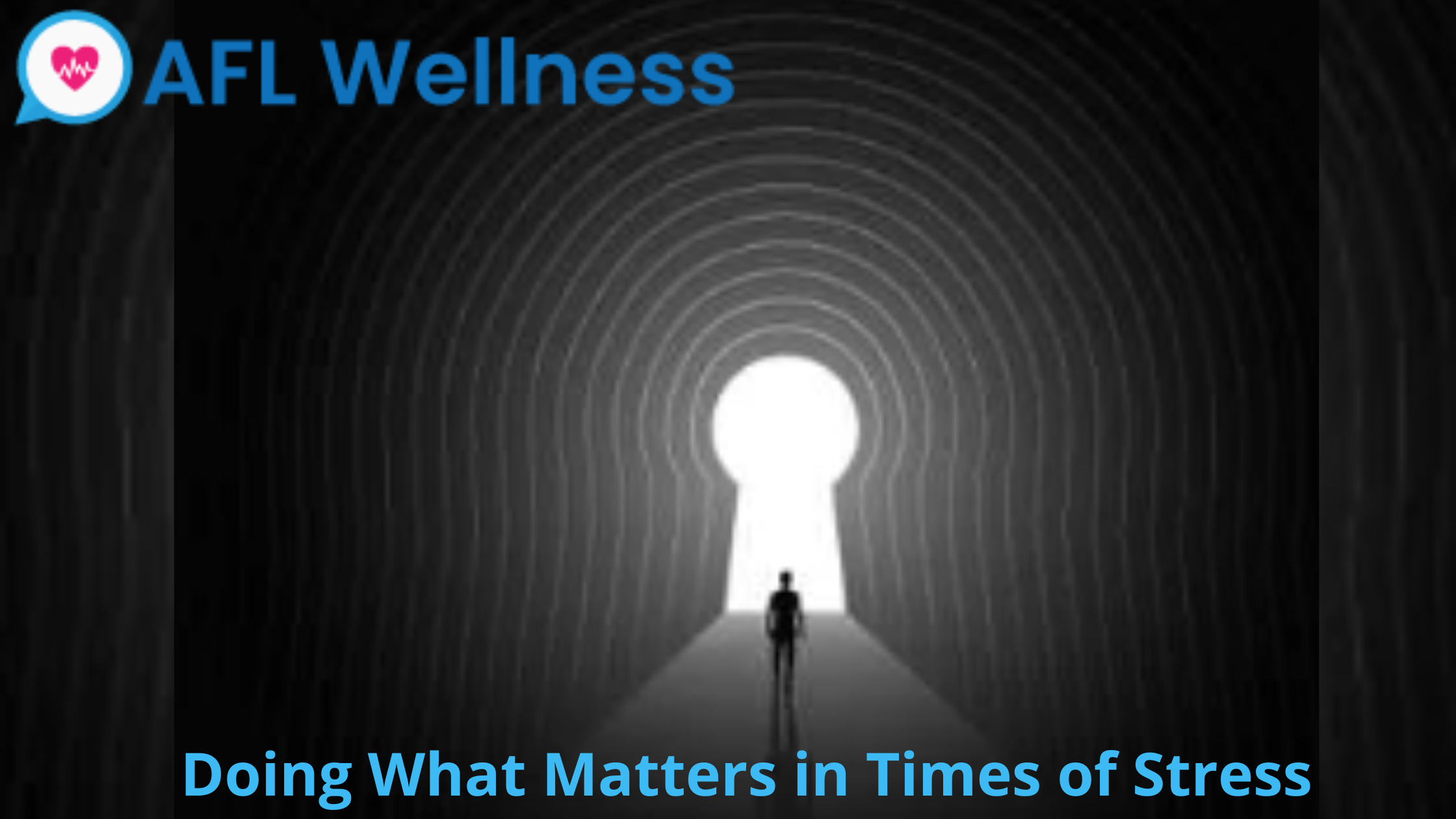
Few depression treatments options
We want you to know a few of the treatment options:
Medication
Antidepressants come in various forms, some of which are listed below. Make sure to review any significant side effects with your physician or pharmacist.
- Selective serotonin reuptake inhibitors (SSRIs)
- Serotonin-norepinephrine reuptake inhibitors (SNRIs)
- Atypical antidepressants
- Tricyclic antidepressants
- Monoamine oxidase inhibitors (MAOIs)
These are a few medications, but they are supposed to take under a doctor's prescription.
Selecting the appropriate drug
An antidepressant may be able to benefit you if a member of the family used it and did well. Alternatively, you might need to try several drugs or a mix of drugs until you find one that is effective. This calls for patience because it might take a few weeks or more for some medications to take action fully and for adverse effects to subside as your body becomes used to them.
Antidepressants can impact you differently depending on your inherited features. When available, the results of genetic tests may, in some situations, provide information about how your body may react to a specific antidepressant. However, your reaction to the medication might also be influenced by factors other than genetics.
Risks of discontinuing medicine suddenly
Avoid stopping an antidepressant without first consulting your doctor. Although physical dependence—a separate condition from addiction—can occasionally happen with antidepressants, they are not considered addictive.
Abruptly stopping medication or skipping several doses might result in withdrawal-like symptoms, and discontinuing soon can exacerbate depression. To safely and gradually reduce your dosage, consult your doctor.
Pregnancy and antidepressants
Some antidepressants may increase the health risk to your innocent fetus or the child you are breastfeeding if you are pregnant or nursing. If you get pregnant or plan to become pregnant, consult your doctor.
Depression medications and a higher risk of suicide
Although most antidepressants are typically safe, the Food and Drug Administration (FDA) mandates that all antidepressants have the harshest caution for prescriptions—the black box warning—on the label. Children, teenagers, and young adults under the age of 25 may occasionally have an increase in suicidal thoughts or actions when taking antidepressants, particularly in the initial weeks or whenever the dose is increased.
One should keep a close eye on anyone taking an antidepressant for signs of worsening depression or strange behaviour, significantly when a new medicine or changing dosage is. Whenever you or someone you know is taking an antidepressant and experiencing suicidal thoughts, call your doctor right away or seek emergency assistance.
Remember that antidepressants are much more likely to decrease the risk of suicide over time through elevating mood.
Psychotherapy
The term "psychotherapy" refers to depression treatment by talking with a mental health expert about your situation and any associated problems. Talk therapy or psychological therapy are additional names for psychotherapy. They teach how to battle depression and suicidal thoughts ray comfort. Psychotherapies, including cognitive behavioural or interpersonal therapy, can help treat depression.
Why do people get depressed?
There are numerous theories on the origins of depression. It can vary greatly from person to person, and for some people, a confluence of various variables may be the root of their sadness. Some people discover that they experience depression for no apparent reason.
You can learn more about the following potential causes of depression in this section:
Childhood experience
Strong evidence supports the idea that going through adversity as a youngster can increase your risk of developing depression later in life. This might be:
- Abuse can be physical, sexual, or emotional
- Neglect
- The passing of a loved one
- Horrific experiences
- In an unsteady family environment.
According to research, having a number of lesser adversity events can have a greater effect on your susceptibility to depression than having one significant traumatic event.
Life event
You may discover that your depression was frequently brought on by an upsetting, stressful, or traumatic incident. This might be:
- being out of work or unemployed
- a relationship's conclusion
- bereavement
- big life changes, such as relocating and changing employment
- purchasing a home
- being abused physically or sexually
- being subjected to abuse or bullying
- racism.
Other mental health problems
It's typical also to have depression if you have another mental health issue. This may be the case because managing the symptoms of a mental health issue might lead to depression. You can discover that you have depression if you also have the following:
- PTSD
- eating problems
- anxiety
Genetic Inheritance
Research has indicated that having a close relative who has depression increases your likelihood of developing depression yourself, even though no genetic factors for depression have indeed been found.
While our DNA may be to blame, there may also be a connection because, as children, we typically pick up behaviour and coping mechanisms from those around us.
Sleep, diet and exercise
Your mood can be affected by your nutrition, lack of sleep, and physical inactivity, which makes it more difficult for you to handle challenging situations in your life.
While not getting enough sleep, exercising, or eating poorly cannot directly cause sadness, they can increase your risk of acquiring it.
Medication and alcohol
Numerous medications may have a side effect of depression. Refer to the patient information leaflet or consult your doctor if you are experiencing depressive symptoms after taking any kind of medication to determine whether depression is a side effect. Discuss with your doctor about considering an alternative medication if you believe a certain substance is the root of your depression, especially if you anticipate a lengthy course of therapy.
Although dealing with depression can be extremely challenging, there are things you can do that may be helpful. You can talk to someone you trust. You can also try being mindful. Furthermore, you can speed your time into the nature and also look after your physical health.
Sometimes, overthinking can be a reason of your depression, at that time try to keep a mood diary. There you can write your moods down. It help you relax the overthinking and also to have a relaxed mind. Moreover, you can always take a walk in an open space. In the meantime, you will find that AFL Wellness is considered one of the best rehabilitation centres that provide assistance for individuals who are suffering from depression, anxiety and loneliness.

